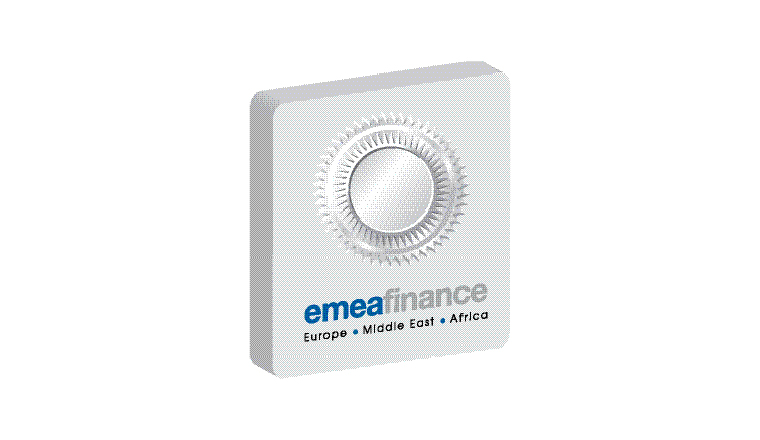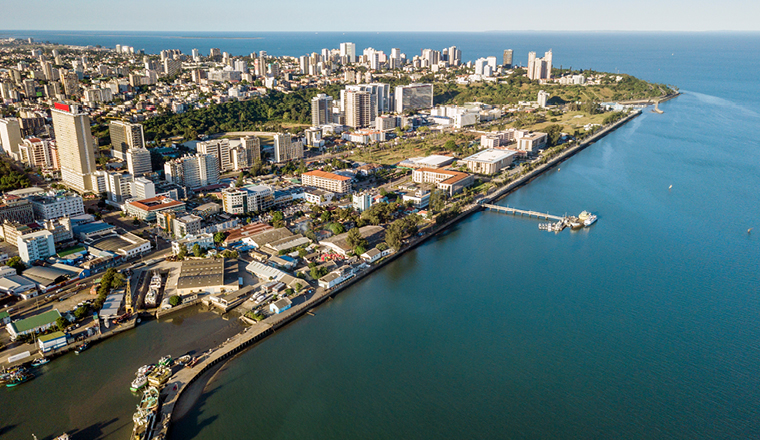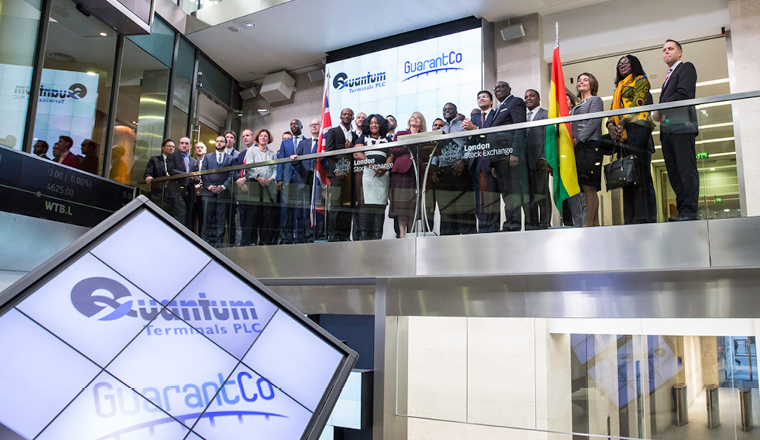Positive reasons for investing in Turkish sovereign debt are becoming more difficult to find these days. However, yields are on the increase and years of fiscal discipline have greatly reduced the risk of default, writes Bernard Kennedy.

18 May 2024

Positive reasons for investing in Turkish sovereign debt are becoming more difficult to find these days. However, yields are on the increase and years of fiscal discipline have greatly reduced the risk of default, writes Bernard Kennedy.

With over 20 new MENA and Sub-Saharan Africa funds set up in the last 18 months, are African stocks getting over-valued? Julian Evans reports.

The credit crunch, fuelled by illiquid markets and general fear across the finance industry, has had its impact on the EMEA region. But pessimism does not blanket the entire market as emeafinance discovered when it questioned some of EMEA’s leading buy side investors. On the contrary, the slowdown has provided time to evaluate deals and countries. Some governments are addressing fiscal imbalances and where necessary, high inflation.

emeafinance's 2008 awards sought to recognise the best banks, teams, and deals in the EMEA region in 2007. The winners are:

Mozambique is creeping back onto investors’ radar scanners, as commercial financing trickles grow steadier, writes Kevin Godier.

For decades Libya was a ‘pariah’ state, shunned by the international community. In 2004 the doors were flung open and foreign investors were enticed in, promises were made, contracts signed, hopes raised. Four years on however it appears that inertia and backtracking by the Gaddafi administration has set in. Was it all too good to be true after all, asks Nicholas Noe.

An agreement could be in sight for the southern African country, which defaulted on its sovereign debt last year.

Garanti Bank sold the first gender-linked bond from an emerging market issuer this year, and the Turkish bank is optimistic that the popularity of the socially conscious financing tool is due to grow.

Another African corporate turns to the LSE – West Africa’s first local currency bond lists in Ghanaian cedi.

The Development Bank of Kazakhstan (DBK) took a novel step when it went to the international bond markets for tenge debt at the beginning of December, in a trade that is expected to kick start a wave of similar transactions in 2018.

Russia’s PIK Group has plans to ramp up capital markets activity in the coming years, as the firm announces a consolidation of its shareholder structure with company president Sergei Gordeev buying out two minority holders.

Nigeria made a barn-storming return to the US dollar bond market when it defied expectations and shaky fundamentals to print below 8% yield on a book that almost hit US$8bn.